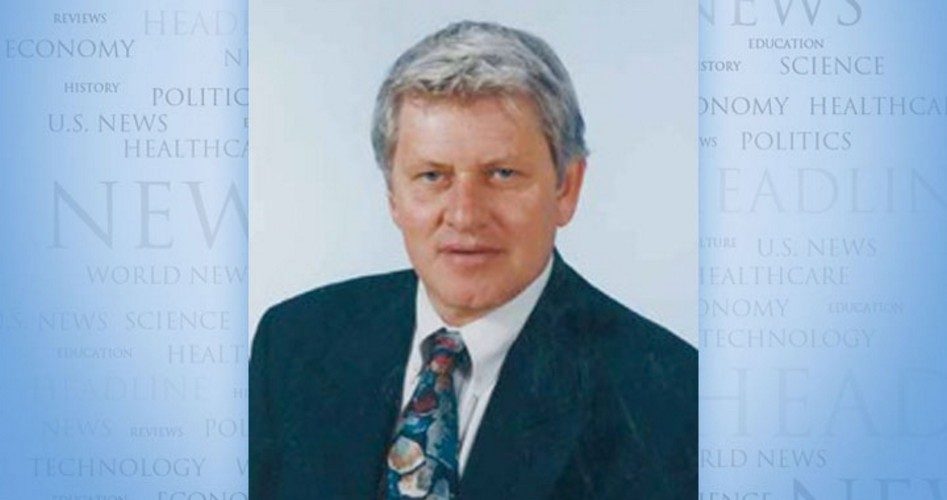
President Obama’s National Security Adviser Susan Rice stated in her May 11th Commencement Address at Florida International University that there are too many white males in top jobs in America’s national security agencies, particularly Ivy League white males who attended classes in those ivy-covered old brick buildings at one of the eight distinguished Ivy League schools in the East — Yale, Harvard, Princeton, Brown, Columbia, Cornell, Dartmouth, and the University of Pennsylvania.
“Too often,” Rice told the graduates, “our national security workforce has been what former Florida Senator Bob Graham called ‘white, male and Yale.’”
I don’t know how much ivy was growing on the bricks in the prestigious and elite settings where Susan Rice spent her formative years, but it’s clear she didn’t get her job at the White House by way of a second-rate degree from a backwoods school and years of inconsequential networking.
Her mother, Lois Dickson Rice, is a scholar in economic studies at Brookings and previously served as Vice President and Board member of the College Entrance Examination Board as well as Senior Vice President of the Control Data Corporation, directing the corporation’s public policy interface with various levels of government.
Her father, Emmett John Rice (1919-2011), served with the Tuskegee Airmen in World War II. After the war, he earned a Ph.D. in economics from the University of California at Berkeley, was a Fulbright scholar in India, a Cornell University economics professor and a governor of the Federal Reserve System. He went on to be Acting Director of the U.S. Treasury Department’s Office of Developing Nations, Executive Director for the World Bank’s International Bank for Reconstruction and Development, and Senior Vice President of the National Bank of Washington.
Born in Washington, D.C., Susan Rice attended National Cathedral School, a prep academy, becoming her class valedictorian. She graduated from Stanford University in California, earning a Rhodes scholarship, and later received degrees in international affairs at the University of Oxford in England.
Referring to the aforementioned criticism from Sen. Graham about national security workforces being too “white, male and Yale,” Rice added some numbers to reinforce the point.
“Minorities still make up less than 20 percent of our senior diplomats, less than 15 percent of senior military officers and senior intelligence officials,” she stated, while minorities are “nearly 40 percent” of the U.S. population.
More variety in the workplace, asserted Rice, is directly correlated to improved effectiveness, better decision making, and superior results: “A diverse national security workforce enables us to unlock all of our nation’s talent.”
More precisely, “By now, we should all know the dangers of ‘groupthink,’ where folks who are alike often think alike,” she said. “By contrast, groups comprised of different people tend to question one another’s assumptions, draw on divergent perspectives and experiences, and yield better outcomes.”
Ms. Rice would be performing an important public service if she applied that concept of groupthink dangers to the world of academia.
As reported by Manhattan Institute senior fellow Jason L. Riley in his recent Wall Street Journal column, “I Was Disinvited on Campus,” Profs. Jon Shields and Joshua Dunn Sr. in Passing on the Right, their new book on the scarcity of conservative professors in America’s colleges and universities, report that faculty surveys in the humanities and social sciences show that the percentage of self-described Marxist professors is around 18 percent, or nearly double that of self-described Republicans.
Ralph R. Reiland is an associate professor of economics and the B. Kenneth Simon professor of free enterprise at Robert Morris University in Pittsburgh.


